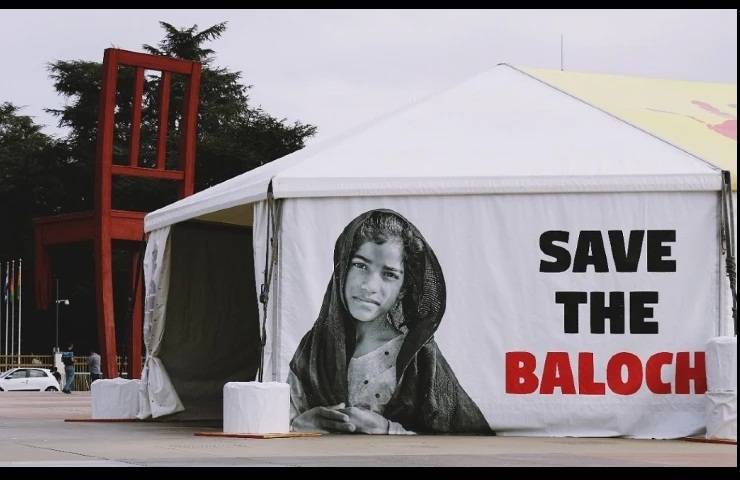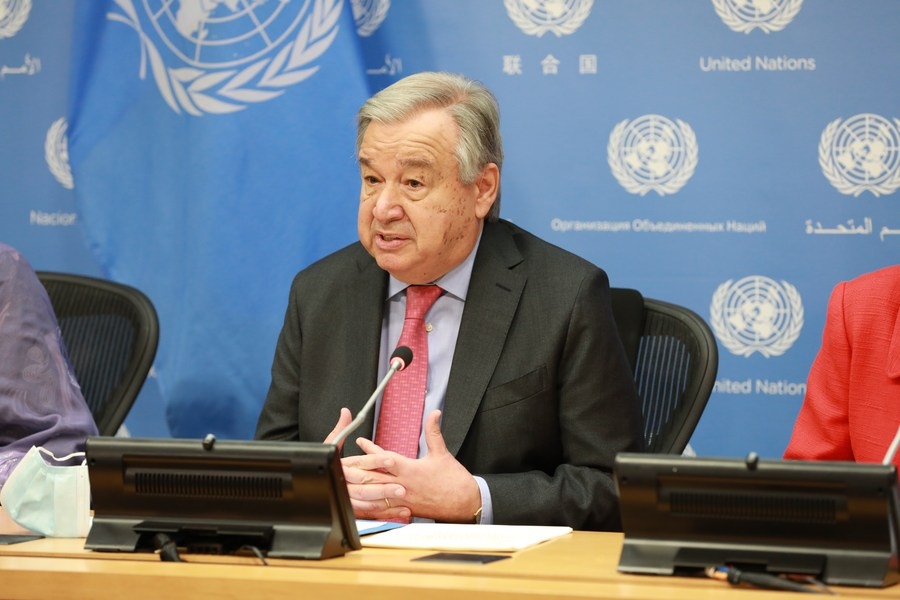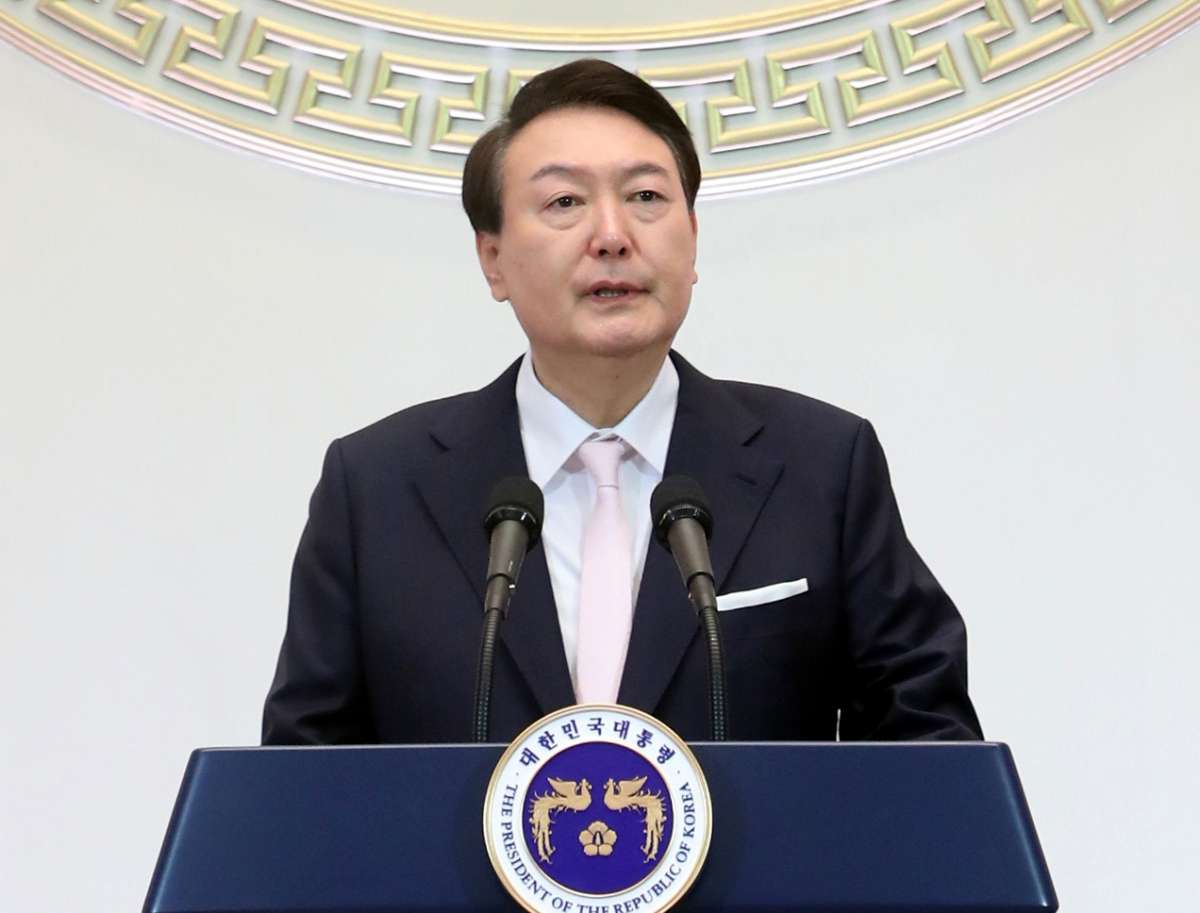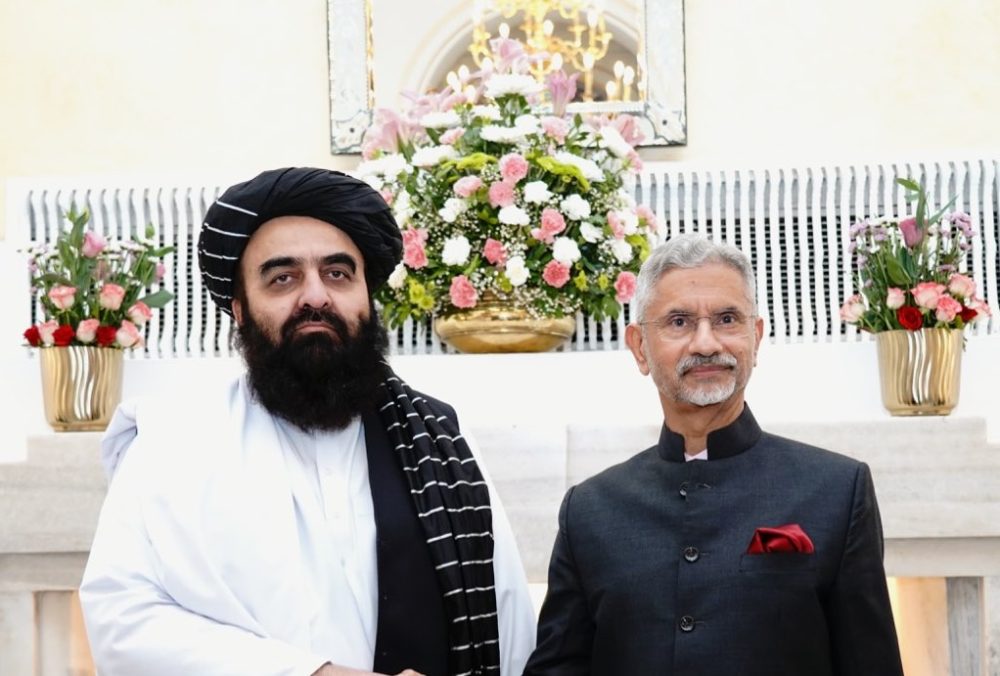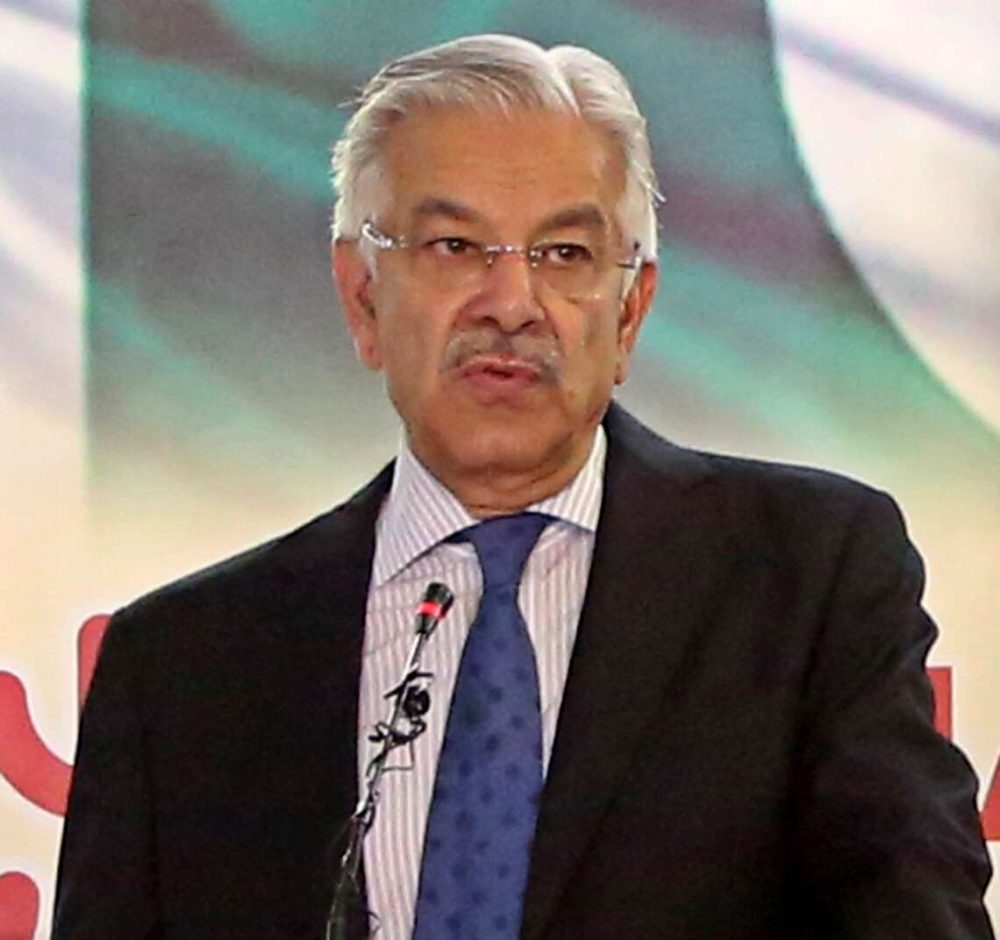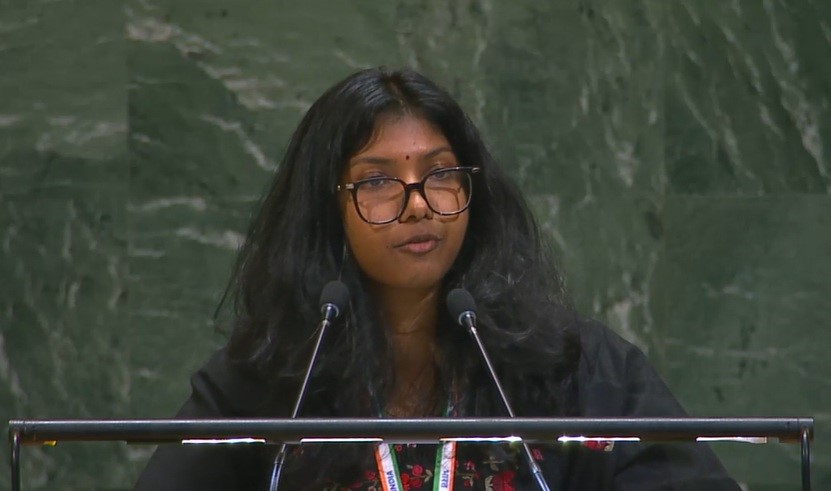All is not quiet on the western front in Pakistan. From Gilgit-Baltistan in the north to Gwadar port city in the south, its people are restive, protesting on the streets to press for their long-standing, long-ignored, demands … writes Dr Sakariya Kareem
All is not quiet on the western front in Pakistan. From Gilgit-Baltistan in the north to Gwadar port city in the south, its people are restive, protesting on the streets to press for their long-standing, long-ignored, demands.
Leaving out for once the militancy and ravages caused by rebel groups, including the Tehreek-e-Taliban Pakistan (TTP), this is a brief account of ongoing popular protests. Their grievances are as varied as the people residing in regions as varied from the snow-capped mountains in the Himalayas to the sand dunes along the Arabian Sea. What is common is the failure of the state to even hear them, leave alone redress them. The state institutions are elitist, run by the elite, for the elite. They use force whenever and wherever there is any trouble, any protest. And worse: the state is part of the problem, generating forces that are used to cause trouble in the neighbourhood. Some, inevitably, turn rogue and go out of control.
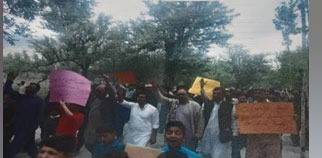
Start with the north – Gilgit-Baltistan. Pakistan has refused to provide any political status to the occupied GB region and has been treating it as a colony. This is the primary problem; all other issues follow from this. An editorial in Dawn lists protests in this region of Pakistan occupied Kashmir since December 2022 in Gilgit, Skardu, Hunza and Ghizer.
“Massive protests held across Gilgit-Baltistan over the past several days have united the region’s geographically and religiously diverse communities, as well as supporters of different political parties. Moreover, traders’ bodies in the northern region have also backed the demonstrations. GB’s people have taken to the streets in freezing temperatures for a raft of reasons, which include questions about land rights, taxation, extensive power cuts as well as a reduction in the amount of subsidised wheat the centre provides the region.”
A Major issue that is agitating the GB people is the State led land acquisition. While acquisition by people outside the GB (from Pakistan) has been an issue for a long time, the China-Pakistan Economic Corridor (CPEC) projects in the region have added a new dimension.
In an analysis (“Perennial Power Crisis in Hunza: Govt’s Failures and the Way Forward,” in the Pamir Times (December 25, 2022), Engr Abid Tashi wrote about the state of electricity in another sub-region of GB: “The Water and Power Department, since the last three to four decades, has miserably failed to fulfil the power demands of Hunza.”
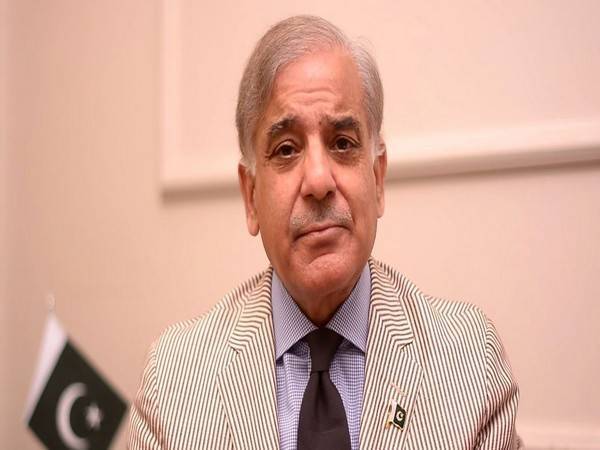
Take South Waziristan next. The sit-in protest continues for the fifth day despite the talks between the administration and tribal leaders. On January 10, protestors blocked roads after talks between their leaders and the local administration seeking action against the militants failed. The protesters erected barricades on roads to disrupt traffic. Over 8,000 shops remained closed.
Take Gwadar protests at the southern end. Opposition to the CPEC is most determined. The Gwadar Rights Movement leader Maulana Hidayatur Rahman has threatened the Chinese nationals, asking them to leave port area, the Maritime Executive reported. He warned that if the government “ignores” their peaceful protests, the participants have a right “to pick up and use weapons to protect our rights.”
From north to south, Chinese citizens working on CPEC projects are facing increasing threats from different militant groups in Pakistan, with a rise in recent incidents of targeted attacks on China nationals. Beijing is worried and has sought assurances and effective policing on the ground for its personnel.
Rahman’s movement has worked in phases, highlighting local grievances that range from fishermen’s rights to the share of resources to adequate power and drinking water for the people. Entire families have joined in the protests. The Chinese are their visible targets of anger and frustration. The fishermen protest privileges to the Chinese fishing trawlers on waters they have earned their livelihood for centuries.
The protesters also want the government to ease curbs on informal border trading with Iran. While these demands are not directly linked to Chinese projects in Gwadar, experts argue that many locals believe the CPEC is part of the problem.
Although CPEC was launched back in 2015, local resistance has significantly affected its pace. The project further slowed during the administration of the previous Prime Minister Imran Khan due to friction between his government and China, but the new administration appears keen to revive CPEC, reported The Maritime Executive.
The Shehbaz Sharif Government which is too busy fighting Khan amidst economic distress has little time and vision to tackle these long-neglected issues and like all previous governments, is either firefighting or using force when things get out of control. This sums up Pakistan’s north-to-south unrest.


